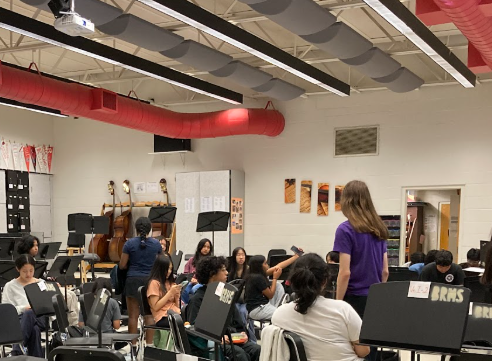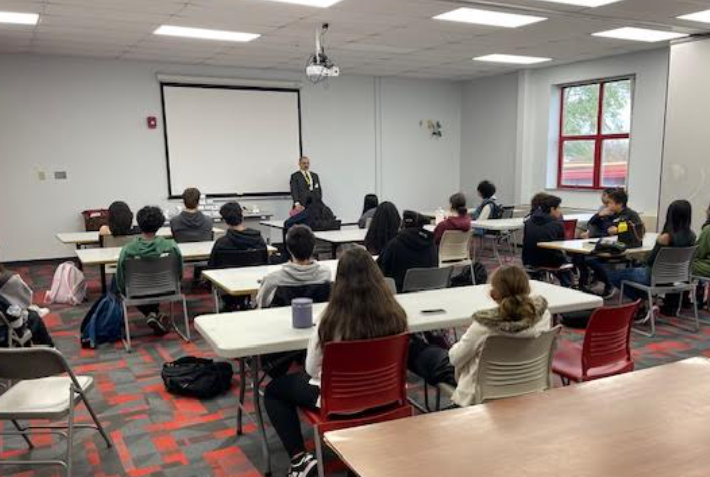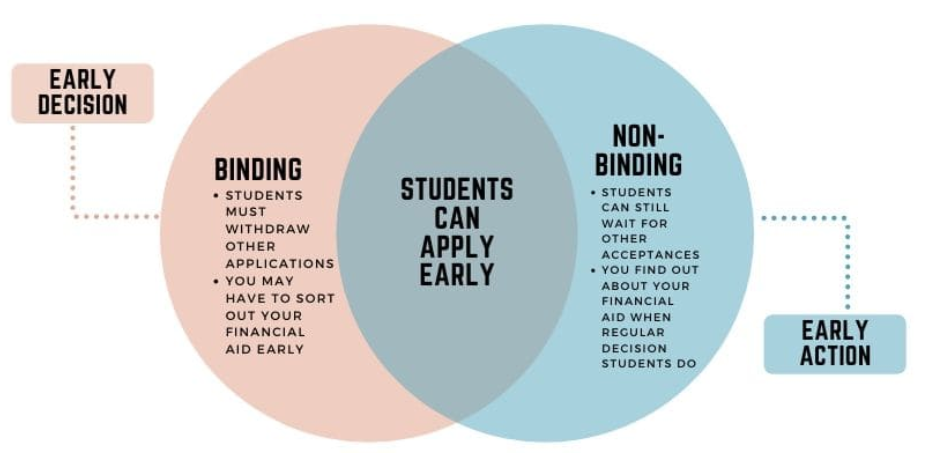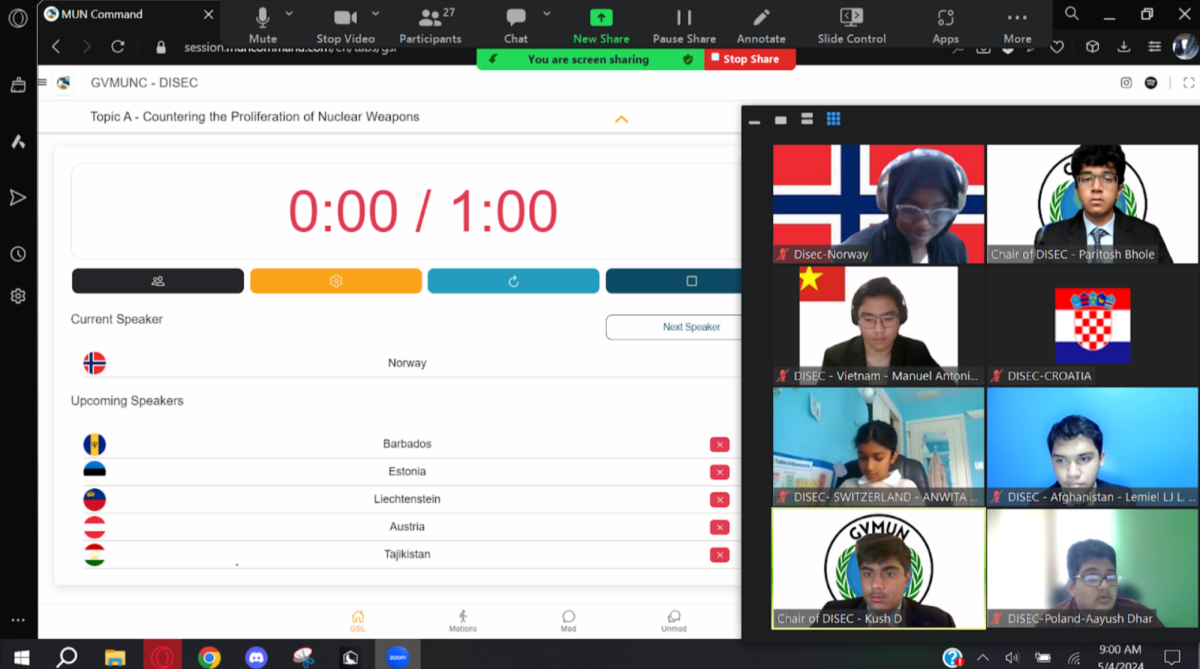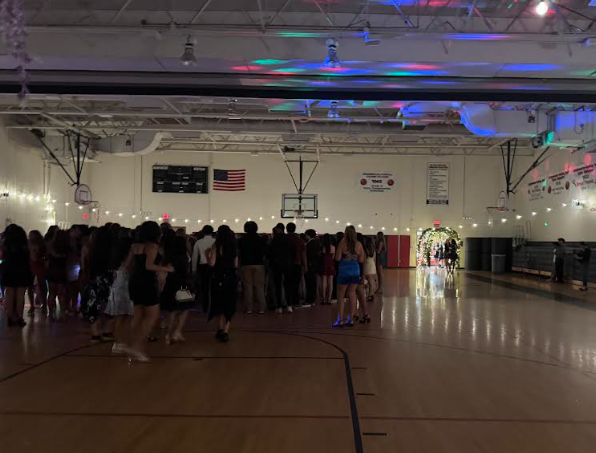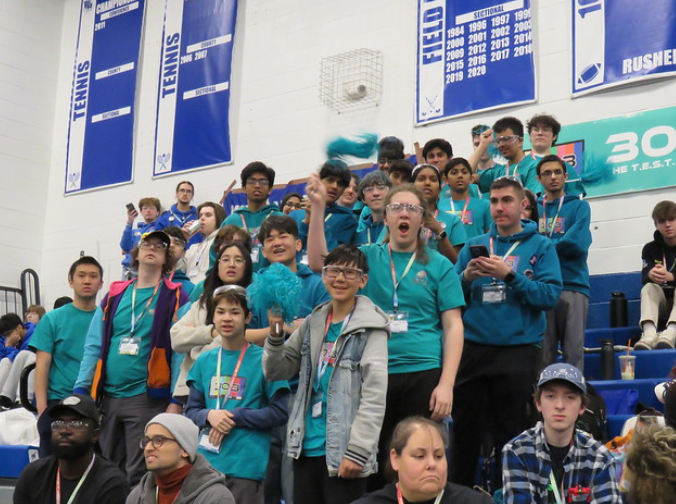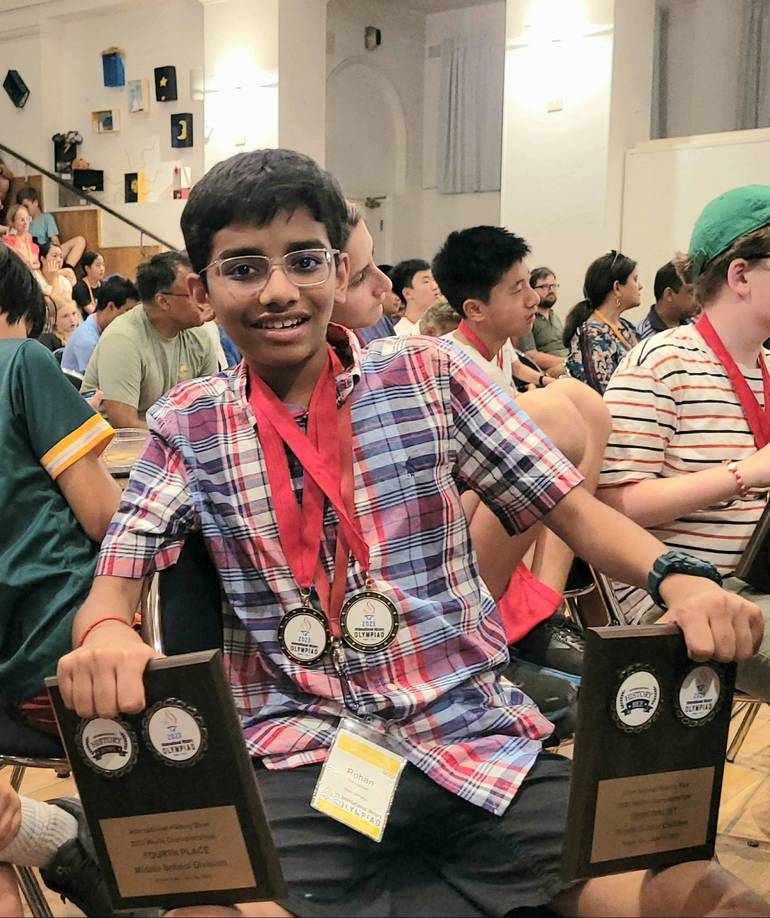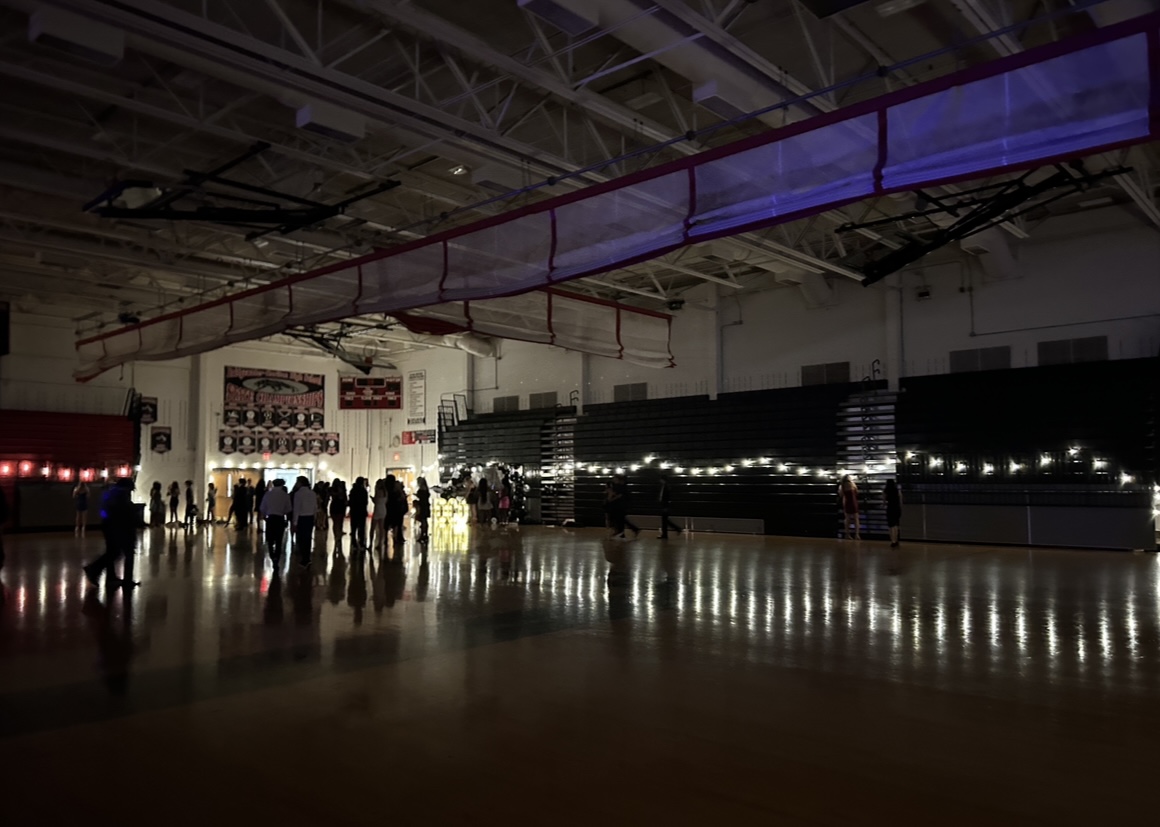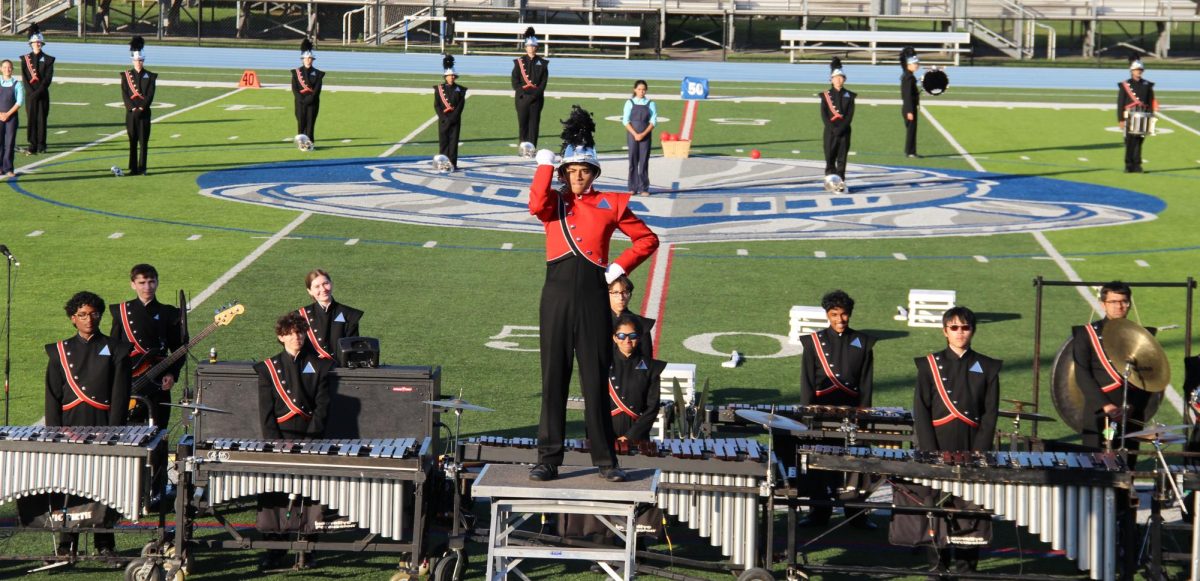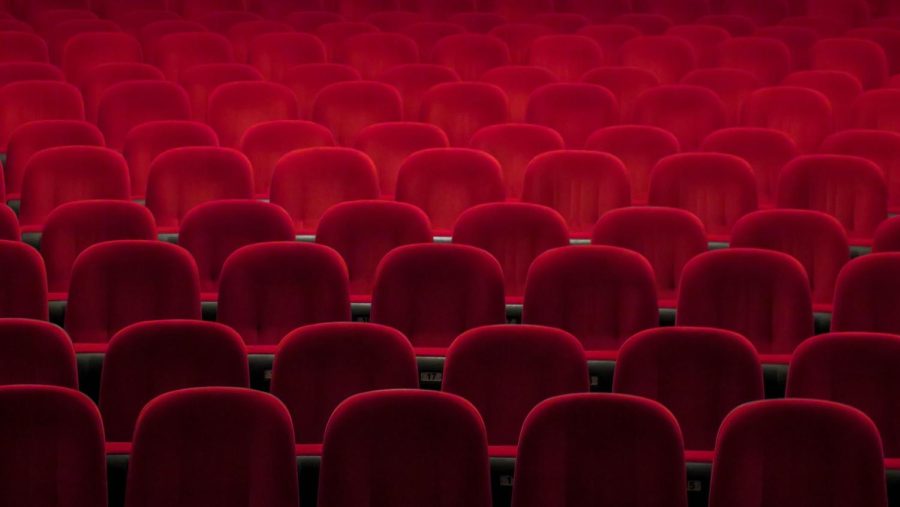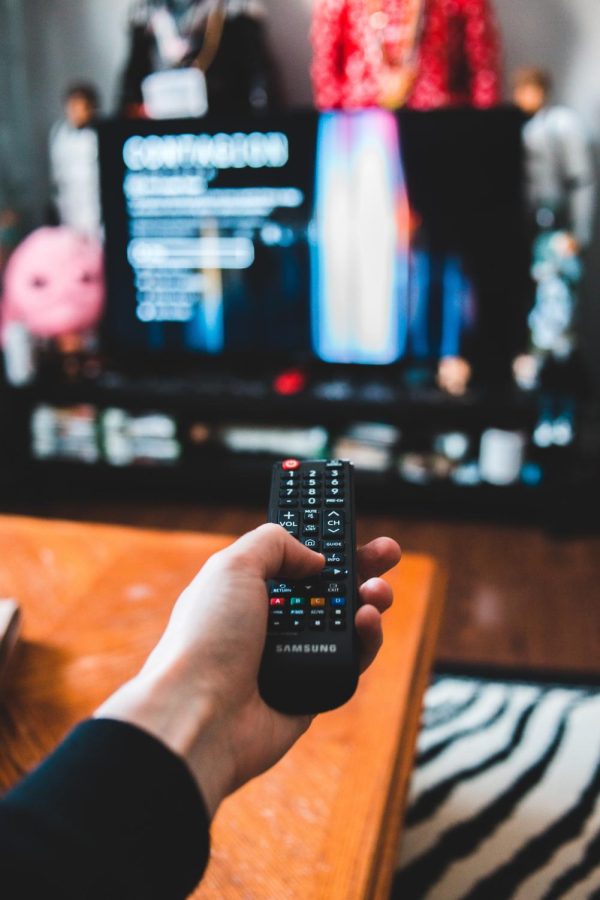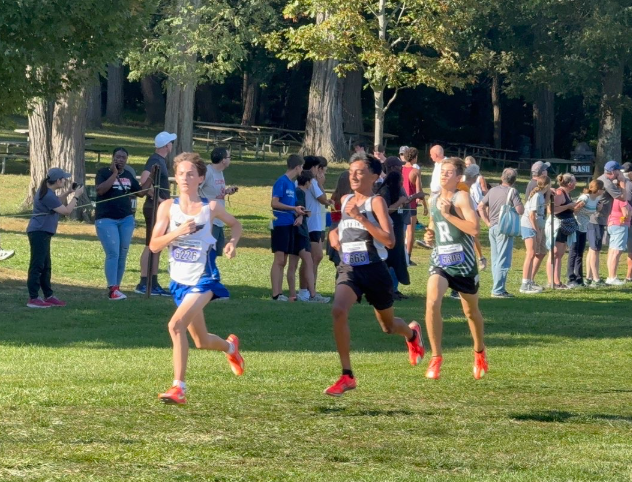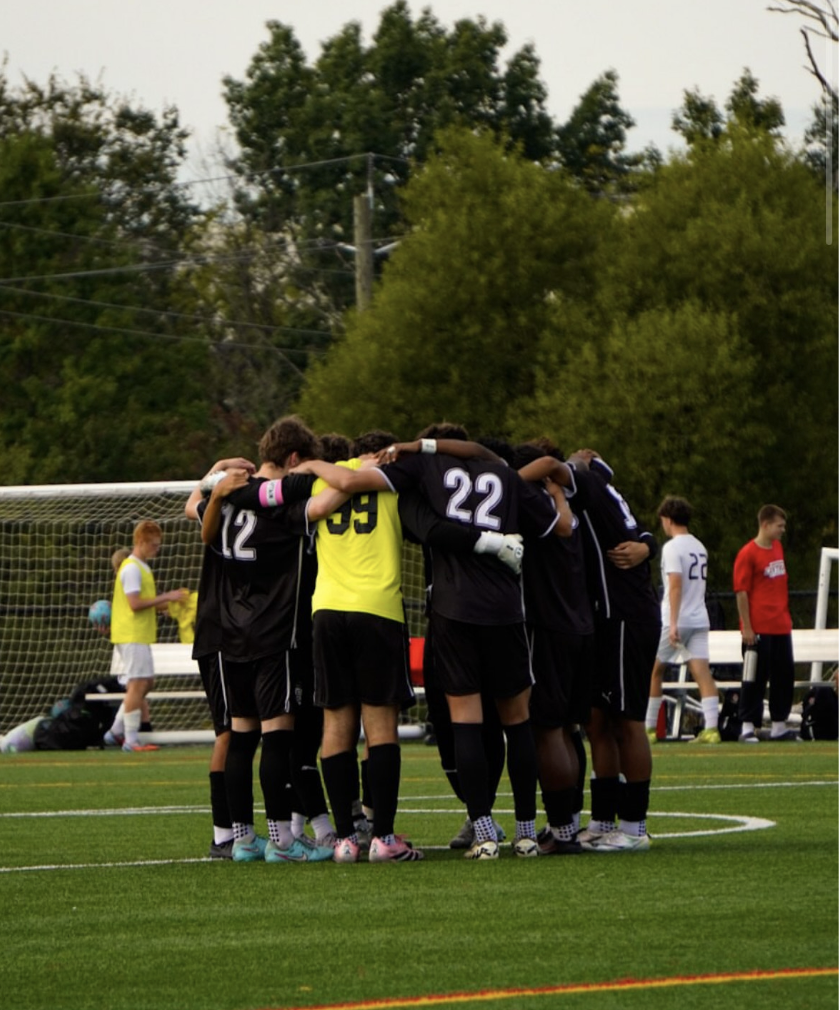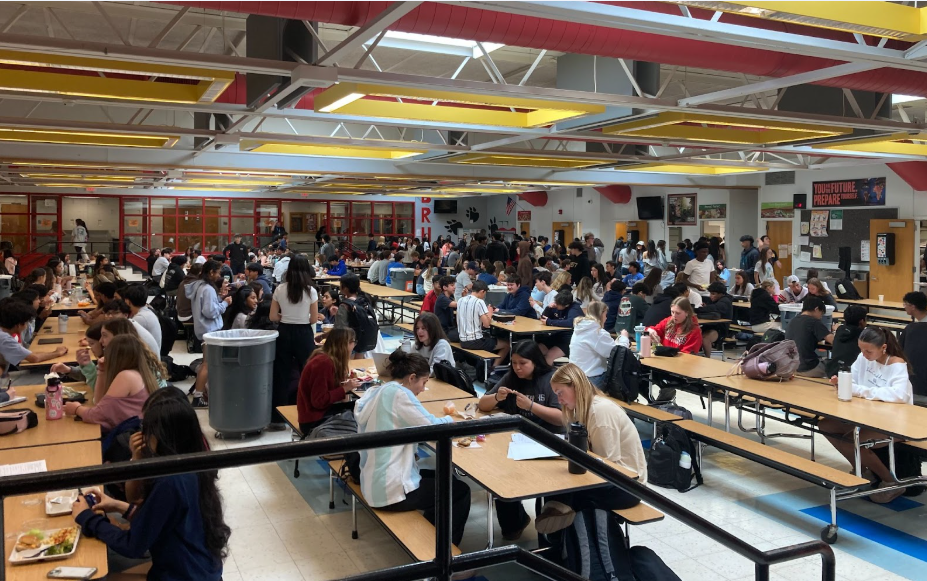Sleep is a fundamental part of adolescent health, yet most teenagers are not getting enough. According to the American Academy of Sleep Medicine, adolescents aged 13 to 18 years old should be getting 8 to 10 hours of sleep each night.
However, the Centers for Disease Control, in a report collecting data from 2013 to 2023, found that only 23 percent actually meet this recommendation. This means that a vast majority are not resting enough, with significant consequences for their well-being.
Sleep is essential to the development of growing bodies for a number of reasons. Research from Johns Hopkins Medicine shows that sleep allows the brain to adapt as well as get rid of waste. Without proper rest, individuals face impaired cognitive function and an increased risk of mental and physical issues, including depression, migraines, high blood pressure and even diabetes.
For high schoolers, maintaining sharp cognitive abilities is critical. With a lack of sleep, students may fall behind academically, not being able to concentrate and retain information due to severe fatigue or brain fog. These symptoms can also translate to diminished performance in athletics and other important extracurricular activities. A study published by the National Institutes of Health also found that sleep-deprived students are more likely to experience mood swings, irritability and increased stress, which can further hinder academic and social success.
Given these consequences, many students at Bridgewater-Raritan High School have strived to maintain good habits so they can sleep adequately.
Arnav Bavishi, a freshman, spoke on his routine.
“To ensure I’m getting enough sleep, I like to get started on my homework as soon as possible. I use the Pomodoro method (breaking down work into on and off intervals) to ensure I stay focused without getting tired and get my work done in time. I try to sleep by 10:30-11 p.m.,” he said.
Freshman Mohnish Gumedelli found that creating a detailed timetable helped him stay organized.
“When I do my homework, I try to schedule it in blocks around commitments. This allows me to have enough time to sleep for school and not get burnt out,” he remarked.
Studies have shown that the blue light in most devices can be harmful to the circadian rhythm, disrupting typical sleep patterns.
Freshman Kaustav Badri recognized the importance of positive sleep practices.
“I always make sure to put away all my screens at least thirty minutes before I sleep to have the healthiest slumber I can,” he stated.
Sophomore Unknown Pranav realized the importance of proper habits that benefit the body and the mind, promoting sleep.
“I try to exercise regularly and maintain a healthy diet,” Pranav said.
These activities stimulate the production of sleep-promoting hormones.
While it may be difficult to find time to balance academic and personal commitments with sleep, it is important to find healthy habits to manage them in order to uphold wellbeing and excellence in those activities. As demands on students continue to grow, the issue of insufficient sleep becomes more important than ever.




